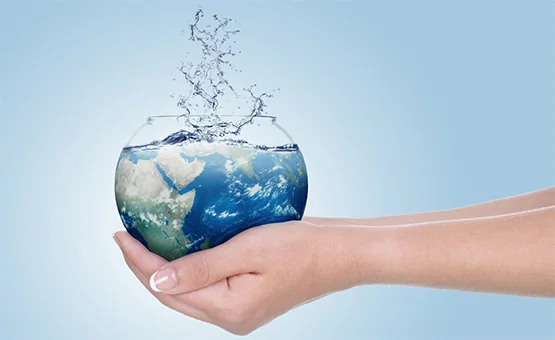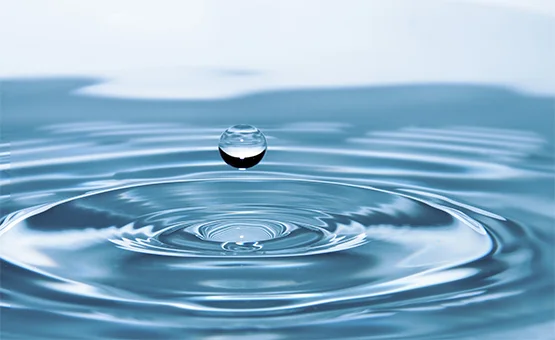ISSUES
Water Conservation
Half of India is heavily water-stressed. Conservation of water is the need of the hour to nurtureour future generations. At present, we are only being able to save 8% of the rainwater. The future depends on us being responsible and conserving water!
Few years back, in South Africa’s capital city of Cape Town, water crisis got so bad last year that there were competitions to see who could wash their shirts the least. Restaurants and businesses were encouraging people not to flush after going to the toilet. The city was just 90 days away from turning off the taps.
The grave water situation in Cape Town is a wake-up call to everybody across the globe — from policymakers to the common man — that it cannot be business as usual when it comes to water usage.
India’s current water requirement is estimated to be around 1,100 billion cubic metres per year, which is projected to touch 1,447 billion cubic metres by 2050. According to a forecast by the Asian Development Bank, India will have a water deficit of 50% by 2030.
Unless drastic measures are taken to minimise water usage, the day may not be far off when authorities will be forced to ration water supply in cities like Bengaluru, which has been ranked second in the list of 11 global cities which might face the imminent threat of running out of drinking water.
At the very same time, we can’t have knee-jerk solutions like restricting urbanisation or undermine the importance of crucial infrastructure. The crux of the problem is not consumption of water. It is the criminal wastage of water and pathetic management of waste water due to poor planning and design of city and its infrastructure that has led to this crisis.
Delhi reportedly loses as much as 40% of the city’s water input, mostly due to old and leaking pipes, as compared to the international best practice of less than 10%. Putting in place an efficient piped supply system has to be top on the agenda of policymakers and planners. It is simple and effective solutions such as these that are going to help us out battle this crisis.
We should remember that ancient India had well-managed wells and canal systems. In fact, our culture always believed in treating nature with reverence and most of our rivers are considered sacred. The Indus Valley Civilization had a well-managed canal system, In the ancient past, different types of indigenous water harvesting systems were developed across the subcontinent and such systems need to be revived and protected at the local level.
Conscious efforts need to be made at the household level and by communities, institutions and local bodies to supplement the efforts of governments and non-governmental bodies in promoting water conservation.
Reduce, reuse, and recycle must be the watchwords if we have to handover a liveable planet to the future generations.

